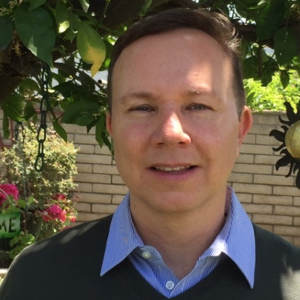Dr. Thing was a student at SMC before earning his B.A. in sociology from California State University Long Beach, and his master’s and Ph.D. in sociology from the University of Southern California. He joined the SMC community as a Sociology faculty in fall 2019. He has taught sociology, gender studies, and public health courses at community colleges, in the CSU system and at USC.
Dr. Thing has a history of social justice activism including LGBTQ+ equality, immigrant rights, and economic justice. Currently, he serves as an expert witness for transgender Mexican women and gay Mexican men seeking asylum in U.S. immigration court. He is also the founder of a nonprofit organization which provides payee services for individuals with a history of homelessness.
Specialty Areas
- Gender and Sexuality
- Immigration
- Family Sociology
- Medical Sociology
Teaching Philosophy/Equity Statement
Dr. Thing has three primary goals as an educator. The first is to provide students with tools to become critical, innovative thinkers both inside and outside the classroom. The second is to cultivate in students an understanding of the operation of power in their everyday lives and in the larger social world. The third is to empower students to be intellectually and civically engaged community members and to use their knowledge and skills to work towards a more just, ethical and democratic world.
The achievement of these goals requires an inclusive, student-centered learning environment in which the diversity of students' racial-ethnic identity, gender identity, sexual orientation, social class background, age, ability, and religious affiliation is acknowledged and respected as intrinsically valuable and incorporated as an asset into the classroom community. Dr. Thing creates an inclusive and equitable classroom community which maximizes the role of all students through several key pedagogical strategies including stressing the importance of respectful dialog and active listening, including course material that reflects students' lives and positionalities, encouraging self-reflection, and assigning small group activities and group research projects in which students collaborate in understanding course materials.



